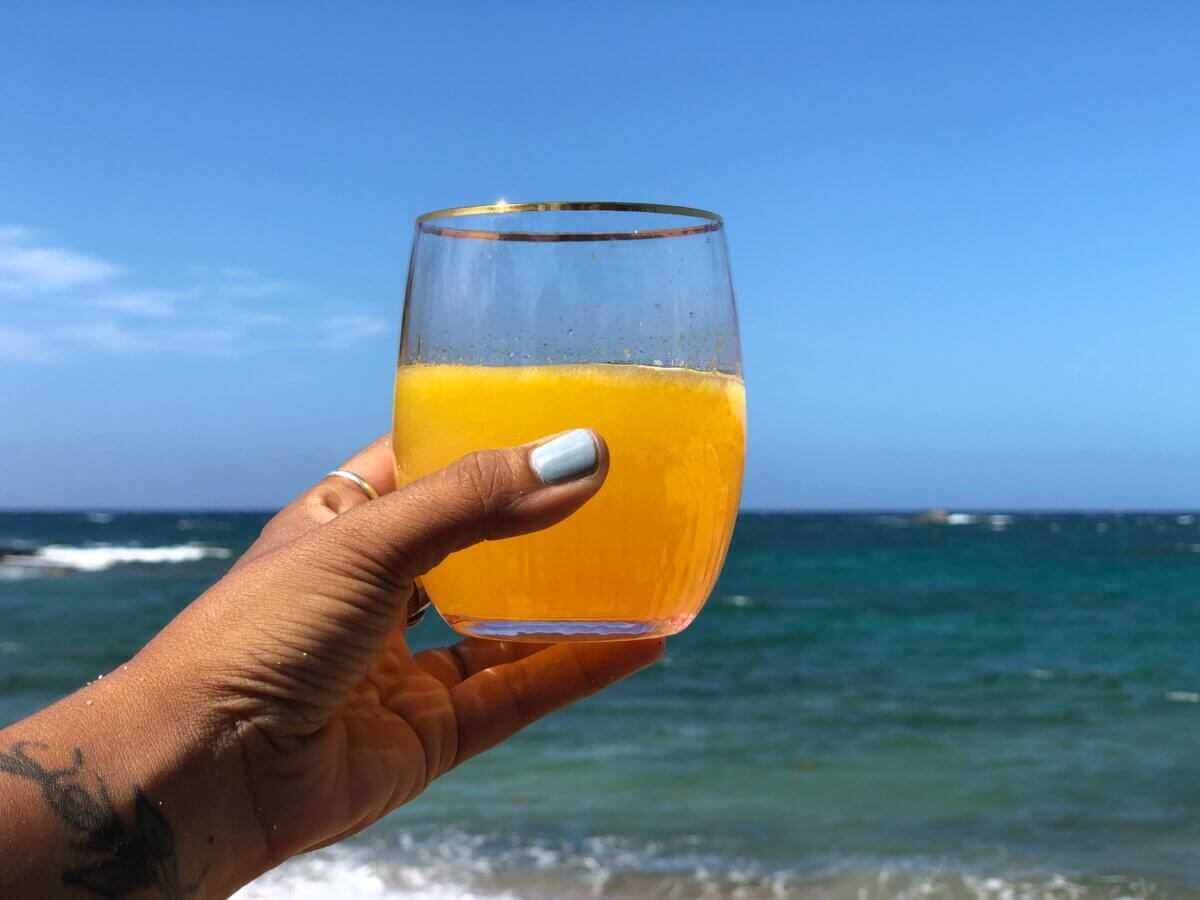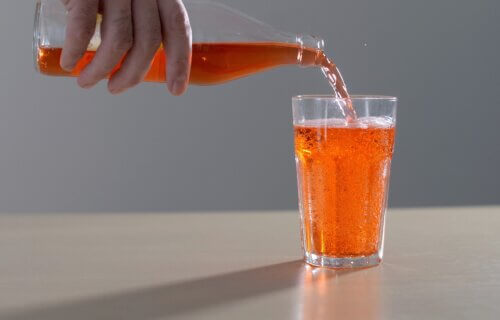WASHINGTON — Orange soda and other citrus-flavored drinks may soon have a new recipe. The U.S. Food and Drug Administration (FDA) has taken a significant step by proposing to revoke the authorization for the use of brominated vegetable oil (BVO) in food. This decision comes after extensive studies conducted in collaboration with the National Institutes of Health (NIH) raised concerns about potential adverse health effects associated with BVO consumption.
So, what exactly is brominated vegetable oil, and why do many popular drinks use it?
BVO is a chemical compound made by adding bromine atoms to vegetable oil. BVO is used as an emulsifier, which means it helps to keep the ingredients in a beverage from separating. This is especially important in sodas, where the citrus flavorings tend to float to the top of the bottle. It is also relatively inexpensive and has a neutral flavor and odor.
However, recent research has led the FDA to reconsider the safety of this food additive. Back in 1970, the FDA determined that BVO was no longer “Generally Recognized as Safe” (GRAS), leading to increased oversight and regulation of its use in food products. As a result, many beverage manufacturers gradually replaced BVO with alternative ingredients over the years. Consequently, BVO is currently found in very few beverages in the United States.
Who still uses uses BVO?
According to the Center for Science in the Public Interest, PepsiCo removed BVO from Gatorade in 2013, and both Coca-Cola and PepsiCo later announced they would remove the ingredient from all their beverages.
However, the Environmental Working Group, a nonprofit research and advocacy group focusing on consumer health, reports that 90 products on the market today still use BVO. The majority are different brands of orange soda. According to EWG’s list, brands including BVO include Food Lion sodas, some Great Value sodas, and Sun Drop citrus soda. Mountain Dew drinks are also mentioned on this organization’s list, but PepsiCo says they no longer use the ingredient in the popular drink.

In a media release, FDA officials say the decision to propose the removal of BVO from approved food additives is based on their commitment to prioritize the safety of chemicals in food, considering risk, scientific findings, and regulatory authority. While BVO was once considered safe for consumption, the FDA has continued to evaluate its impact on human health. Recent toxicology studies, conducted in collaboration with the NIH, have provided conclusive scientific evidence supporting the FDA’s proposal to discontinue the authorization for BVO as a food additive.
This action reflects the FDA’s ongoing vigilance in monitoring emerging scientific evidence and its commitment to conducting thorough scientific research to address safety-related concerns. When scientific findings no longer support the safe use of additives in foods, the FDA takes regulatory action to protect public health.
It is worth noting that California recently banned the use of four food ingredients, including BVO, within the state. The FDA continuously assesses the safety of various chemicals in food, including those impacted by California’s legislation. Additionally, the FDA is currently reviewing regulations related to the use of FD&C Red No. 3 in ingested drugs and foods, with a forthcoming decision.
In light of the time-consuming nature of these reviews, the FDA is working on a transformation called the Human Foods Program (HFP) to enhance food chemical safety assessments. The proposed HFP includes the establishment of the Office of Food Chemical Safety, Dietary Supplements, and Innovation, with the aim of developing a more efficient and responsive process for evaluating chemicals in the food supply.
The studies are published in the journal Food and Chemical Toxicology.
You might also be interested in:
- Fountain of germs! Water contaminated with harmful bacteria discovered in fast food soda machines
- Ultra-processed foods like bacon and soda increase risk of depression among women
- Drink soda, gain weight: Sugary beverages very clearly tied to obesity


The FDA have known it was not safe since 1970!!!
They also knew tobacco was not safe but allowed it anyway. (same with “vaping”).
They have known since the mid 1950’s that plastic food wrap is a carcinogen (all plastics are not food safe), but they still allow it.
Now we see that the famous nonstick cookware coatings corporation is being sued for obscene amounts of money in courts. Why, because they knew for 40 years that the coatings are toxic, then they lied about its safety.
The FDA have a lot of employees that have a conflict of interest, they often work for the big corporations that try to sell toxic junk as food etc. How much do you trust the FDA now ?
We are just lab rats to them, they rob us and kill us slowly, there is too much money to be made from cancer. Gangsters run this world.
Yuka is a FREE app for your smart phone. From France.
It tells you what our FDA should be saying about our Food. Analysis of all included artificial ingredients. In seconds.
https://yuka.io/en/